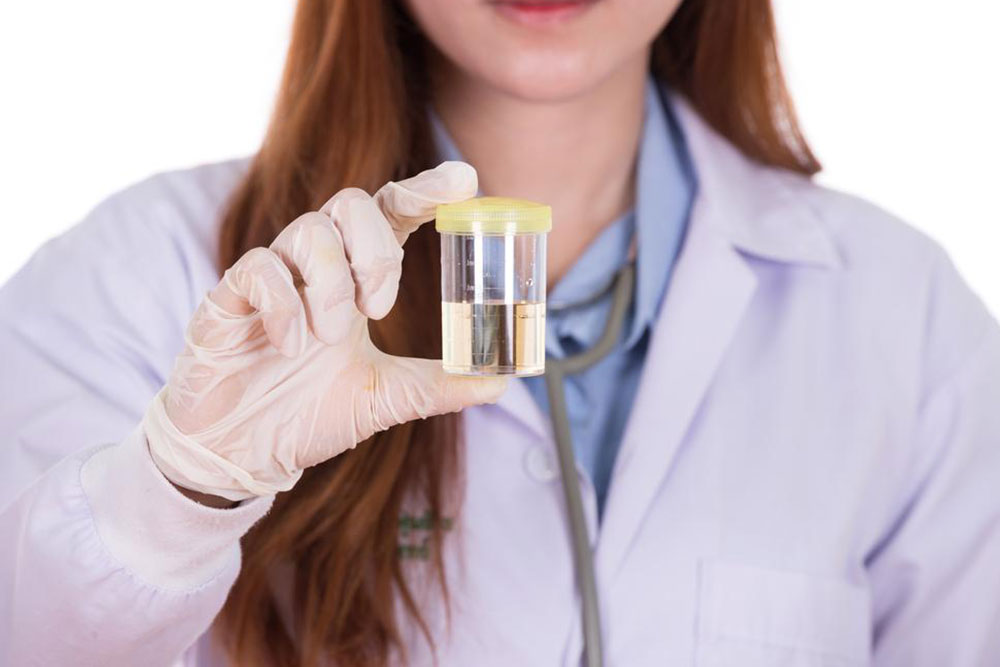Here’s what you need to know about e coli in urine
Urine tract infection that is often called UTI, is the most prevalent bacterial infection that affects millions of people, primarily women, across the globe. UTI is caused when the e coli bacteria in the body produces toxins that interfere with the standard processes of the intestines and the urinary tract.
E coli in urine, likewise, is a bacterial infection that most pregnant women, infants, older adults, and people with weaker immune systems usually develop.

E coli or Escherchia coli is the bacteria that is the most common reason behind most urinary tract infections. Other cause of e coli in urine include Staphylococcus saprophyticus, pseudomonas aeruginosa, and Klebsiella pneumonia. E coli in urine can be identified easily by symptoms like a recurrent urge to urinate, hardly any urine to pass, burning sensation while urinating, pelvic pain, rectal pain, foul-smelling urine, pain in the lower back, hips, flanks, and abdomen, fever, chills, and, more. In severe cases of e coli in urine, patients also experience cloudy or bloody urine. While prescribed drugs can treat most of the symptoms of e coli in urine, often the infection worsens and becomes particularly dangerous if the bacteria enter the kidneys. Since an undiagnosed, untreated kidney may lead to permanent kidney damage and failure, it is important to treat the early signs of e coli in urine to effectively flush out the infection from the body.
UTI that stems from e coli in urine often affects women more than men. Statistics show that about 50 percent of women suffer from UTI infections once a year. This may simply be because women have a shorter urethra that makes them more prone to contracting the disease.People with kidney stones, spinal cord injury, nerve damage, and those who often struggle from emptying their bladder completely too are more likely to get affected by the condition. Additionally, e coli in urine is common among men who have an enlarged prostate and women who use a diaphragm. Other common reasons behind the development of e coli in urine include anatomical abnormalities in the urinary tract, use of spermicidal condoms, drug resistance, and the like.